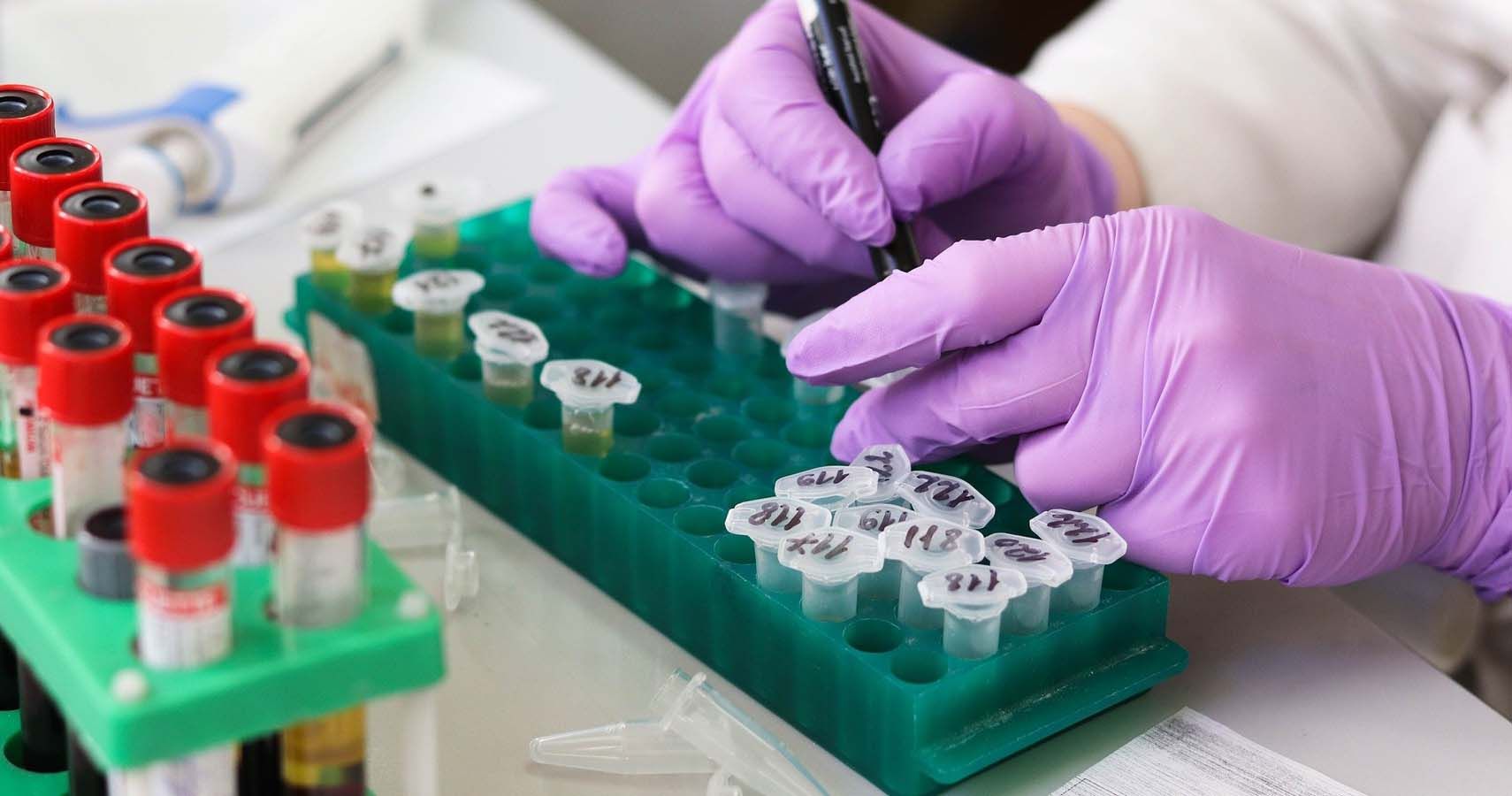Too many options exist for how to alter the gut microbiome on premature infants and between the pre-, pro-, and syn-biotics, they've all been studied by neonatologists. Many call this abundance of biotics to pick from a "choice overload".
This week, Pediatrics is releasing a meta-analysis by Cheng Chi, Cheng Li, Nicholas Buys, Wenjun Wang, Chenghong Yin and Jing Sun that took one of the deepest looks to date at all these choices to see if they could help with this overload of options. The meta-analysis included 45 trials of probiotic supplements in 12,320 participants.
Of all that were studied, Bifidobacterium and Lactobacillus are associated with the most positive outcomes. Bifidobacterium are a probiotic group that live in the intestines and stomach. They help the body perform essential functions such as digestion and staving off harmful bacteria. Lactobacillus are a "friendly" bacteria found in the digestive, urinary, and genital systems. It also lives in some fermented foods like yogurt and in dietary supplements.
Testing revealed a possible synergy between these two strains, implying that a combination of Bifidobacterium and Lactobacillus could be beneficial. Even using one with a prebiotic could create stronger results. The team noted that their studies found no problems with safety or side effects when probiotic and prebiotic combination was used.
These studies don't only tell us what works but that these options work at all. As of 2018, administering probiotics to preemies was still viewed as experimental in many circles. Despite over 30 randomized trials suggesting that probiotics could protect preemies from necrotizing enterocolitis (NEC) and sepsis, the largest trial up until that point showed no direct effect.
Necrotizing enterocolitis is a major disease that affects the intestines of premature newborns. Essentially, the intestinal wall finds itself invaded by bacteria. This causes local infections and inflammation, which eventually destroy the bowel walls.
NEC usually becomes apparent within the first two weeks of a preemie's life after being fed with formula, rather than breast milk. One of NEC's first red flags is the baby's inability to tolerate these feedings. Often it starts with abdominal distention (bloating) and leads to vomiting green bile. If left untreated, the baby could go on to develop a low respiratory rate or even apnea. Once the heart rate drops to a point that's too low to tolerate, the infant may require use of a breathing tube.
It's all very terrifying and for parents to premature babies, this is just another worry compounded on so many others. Studies like this take the guesswork out of what biotics, if any, should be used. It also gives peace of mind to families searching for answers during their most precarious moments. Thankfully, analysis like this can lead to a better understanding of how to care for the smallest of our newborns.
Sources: PBS, Healthline, Children's Hospital of L.A. Pediatrics,

